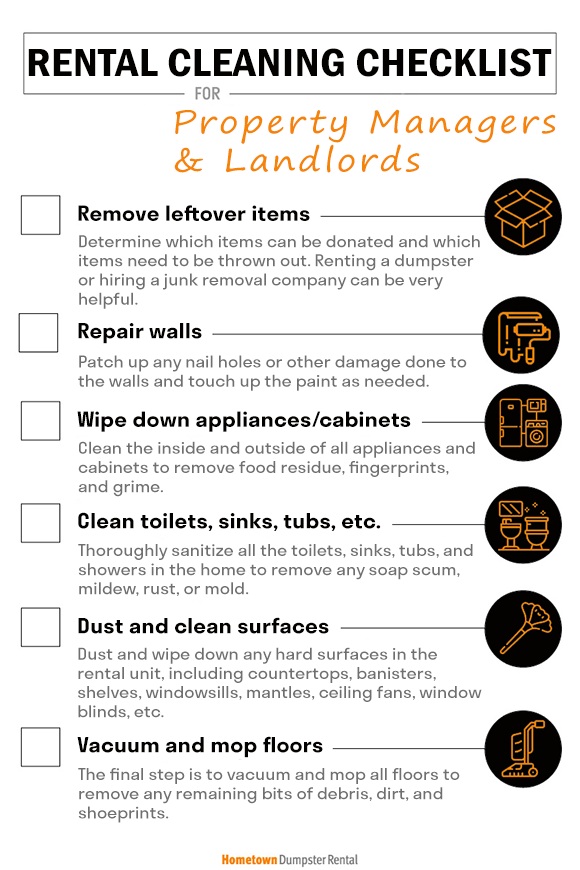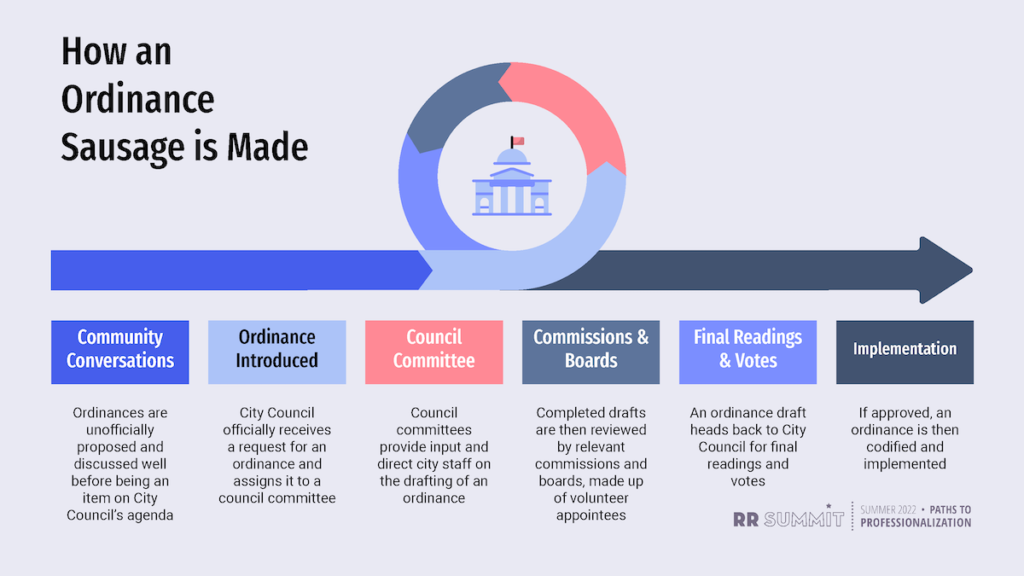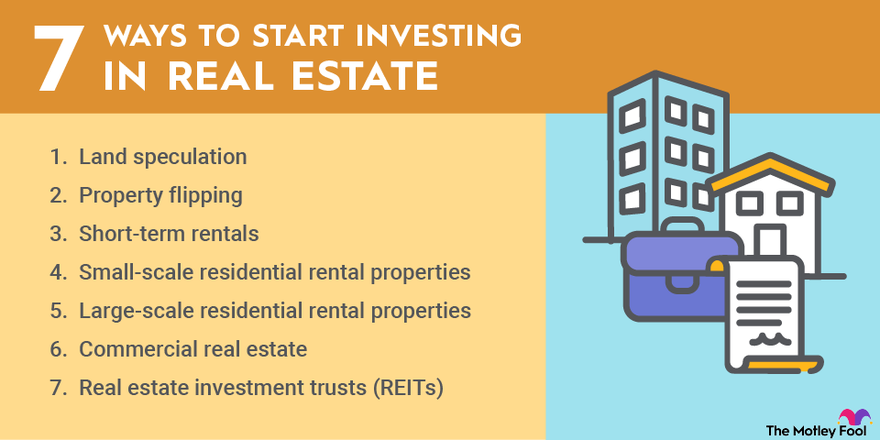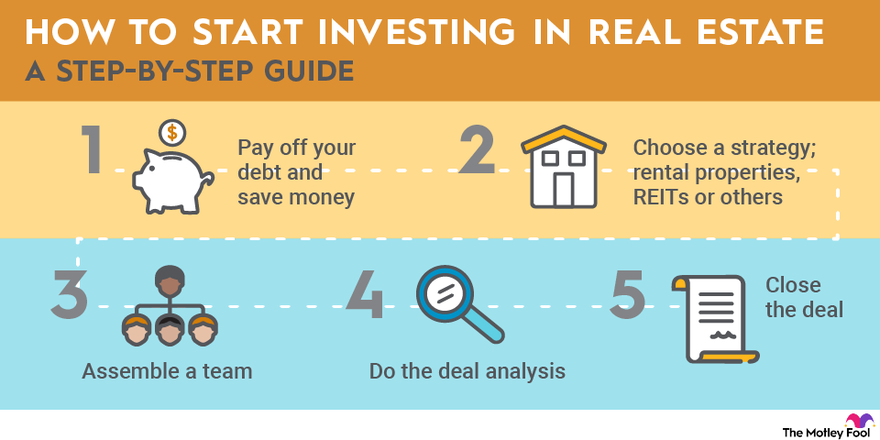Elevate your rental management game with our comprehensive guide to navigating the ins and outs of property management smoothly.

Image courtesy of George Becker via Pexels
Table of Contents
Introduction to Rental Management
We’re going to talk about what it means to manage a place where people live, like an apartment or house that they rent. Managing a rental property involves taking care of the property, making sure that renters are happy and safe, and handling all the important tasks that come with being in charge of a place where others reside.
Whether you are a new rental property owner or have been managing properties for a while, understanding how to manage a rental property effectively is crucial for success. It’s not just about collecting rent; it’s about creating a welcoming and safe environment for your renters while maintaining the property in top shape.
Throughout this guide, we will dive into the key aspects of rental management, from understanding your responsibilities to finding the right renters, handling money matters to planning for the future. By the end of this journey, you will have a solid foundation in rental management and be equipped with the knowledge to ensure your rental property’s success.
Understanding Your Responsibilities
When you’re in charge of a rental property, there are important responsibilities that you need to fulfill. These tasks help ensure that the property is well-maintained and that the renters are happy. Let’s dive into the key aspects of managing a rental property.
The Role of a Rental Manager
As a rental manager, your job is to oversee the day-to-day operations of the property. This includes tasks such as finding new renters, collecting rent, and addressing any concerns or issues that may arise. Your goal is to keep the property in great shape and ensure that the renters have a positive experience living there.
Rental Property Maintenance
Maintenance is a crucial part of managing a rental property. It involves making sure that everything in the property is in working order and safe for the renters. This includes things like fixing leaky faucets, repainting walls, and ensuring that the property meets all safety regulations. By staying on top of maintenance tasks, you can create a pleasant living environment for your renters.
Getting to Know Your Renters
Discovering how to build a good friendship with the people who live in the property is key to effective rental management. When you get to know your renters, everyone can get along better and have a positive renting experience.

Image courtesy of www.hometowndumpsterrental.com via Google Images
Communication Skills
Communication is all about talking and listening. By having open and honest conversations with your renters, you can solve a lot of problems before they become too big to handle. It’s important to listen to what your renters have to say and address their concerns promptly. By keeping the lines of communication open, you can build trust and maintain a positive relationship with your renters.
Handling Renters’ Concerns
When your renters come to you with concerns or issues, it’s essential to address them in a timely and helpful manner. By listening to their needs and taking action to resolve any problems they may have, you can show your renters that you care about their well-being and want them to feel comfortable in their home. Whether it’s addressing maintenance issues, responding to noise complaints, or handling disputes between neighbors, being proactive and responsive can help create a positive living environment for everyone.
Setting the Rules
Let’s have a chat about the rules that help everyone know what they can and can’t do in a rental property. Rules are important because they make sure that everyone is safe, happy, and treated fairly.
Creating a Fair Lease Agreement
When you rent out a property, it’s like making a special promise with the person who will be living there. This promise is called a lease agreement. It is a written list of rules that both you, as the owner, and the renter must follow. The lease agreement will include things like how much rent should be paid, who is responsible for fixing things, and what happens if someone breaks a rule. It’s important to be clear and fair in the lease agreement so that everyone knows what to expect and can live peacefully.
Enforcing the Rules
Rules are like the glue that holds everything together in a rental property. They help make sure that everyone is following the same plan and treating each other with respect. If someone breaks a rule, it’s up to the rental manager to step in and make things right. But it’s super important to be fair when enforcing rules. This means treating everyone the same and not playing favorites. Fairness keeps everything running smoothly and helps avoid conflicts.
Money Matters
When you rent out a property to someone, you’re basically letting them stay there in exchange for money. This money is called ‘rent.’ Setting the right rent is important because you want to make sure it covers all the costs of maintaining the property, like fixing things that break or paying for utilities like water and electricity. But you also want to make sure it’s not too high that people can’t afford it. You can look at how much other similar properties in the area are renting for to get an idea of what a fair price would be.

Image courtesy of www.rentresponsibly.org via Google Images
Collecting Rent on Time
Once you have set the rent amount, you need to make sure you actually get paid on time. This is where things can get a little tricky. Some renters might forget, or they might struggle to come up with the money each month. One way to make sure you get paid on time is to set up an online payment system so renters can easily transfer the money to you. You can also send out reminders a few days before the rent is due to make sure everyone remembers.
Finding the Right Renters
Discover how to choose people who will be good renters for your property.
Advertising Your Property
When you have a property to rent out, it’s important to let people know about it. You can do this by sharing pictures of the place and writing about its special features, like if it has a big backyard or a cozy fireplace. By advertising your property well, you can attract people who will appreciate and take care of it.
Screening Potential Renters
Not everyone who wants to rent your property will be a good fit. That’s why it’s crucial to screen potential renters to make sure they will follow the rules and take care of the place. You can do this by asking for references from previous landlords, checking their credit history, and meeting them in person to see if they seem responsible and respectful. Screening renters can help you find the right people who will treat your property with care.
Keeping the Property in Top Shape
Keeping a rental property in top shape means making sure everything is working well and looks nice. This includes fixing things that are broken, checking that all the parts of the property are safe, and keeping it clean. Regular maintenance helps to create a safe and comfortable living environment for the renters.

Image courtesy of www.fool.com via Google Images
Dealing with Repairs
Sometimes things break or stop working in a rental property. When this happens, it’s essential to address the issue promptly. As a rental manager, you need to be ready to arrange for repairs and make sure that the renters are not inconvenienced. By promptly addressing repairs, you show your renters that you care about their comfort and well-being.
Planning for the Future
Looking ahead and making smart choices can help make your rental property even better over time. Let’s explore some ways to ensure rental property success.
Investing in Your Property
One way to make your rental property more appealing is by investing in improvements. This means spending money to make things better, like fixing up the garden or painting the walls a fresh color. By making these changes, you can attract more renters who will want to live in a place that looks nice and well-maintained. Remember, investing in your property can benefit both you and your renters by creating a more enjoyable living space.
| Topic | Description |
|---|---|
| What is Rental Management? | Explains the concept of rental management and its importance in property management. |
| Benefits of Rental Management | Lists the advantages of using rental management services for property owners. |
| How to Find Reliable Tenants | Provides tips on screening potential tenants and finding the right ones for your rental property. |
| Setting Rental Rates | Guidance on how to determine the appropriate rental rates for your properties. |
| Handling Maintenance Requests | Advice on responding to and managing maintenance requests from tenants. |
| Dealing with Late Payments | Tips on how to address late or missed rent payments from tenants. |
| Legal Aspects of Rental Management | Overview of the legal responsibilities and obligations of landlords and property managers. |
| Property Inspections and Documentation | Importance of regular property inspections and keeping thorough documentation. |
| Handling Tenant Complaints | Strategies for effectively addressing and resolving tenant complaints and issues. |
| Ending a Tenancy | Steps to follow when terminating a lease agreement and ending a tenancy. |
Handling Growth
If you’re doing a great job managing your current property and more people are interested in living there, you might start thinking about managing more properties or even bigger buildings. This is called growth. When you decide to grow your rental business, you’ll need to be prepared to handle more responsibilities, like taking care of multiple properties and managing a larger team. It’s essential to plan carefully and make sure you’re ready for the challenges that come with growth.
The Big Challenges
Every job comes with tough parts. Managing a rental property is no different. Let’s talk about some of the big challenges you might face and how to handle them.

Image courtesy of www.fool.com via Google Images
Evicting Problematic Renters
One of the hardest things you may have to do as a rental manager is asking renters to leave if they don’t follow the rules or cause trouble. It’s important to handle this situation with care and follow legal procedures. Communication is key here. Try to talk to the renters first and see if you can solve the issues peacefully. If that doesn’t work, you may need to involve legal authorities to ensure a smooth eviction process.
Legal Issues
Understanding the legal aspects of managing a rental property is crucial. You need to know the laws and regulations that govern renting out properties in your area. This includes things like the rights of renters, fair housing laws, and the eviction process. Ignoring legal issues can lead to serious problems, so it’s essential to seek guidance from a legal professional or a property management expert to stay on the right side of the law.
Summary: Key Points to Remember
Managing a rental property means taking care of a place where people live and ensuring that both the property and the renters are happy.
Understanding Your Responsibilities
As a rental manager, your role is to maintain the property in good condition and address any concerns that renters may have promptly.
Regular maintenance and addressing repairs are essential tasks to ensure the property is safe and comfortable for everyone.
Getting to Know Your Renters
Building good communication skills with your renters is important to establish a positive relationship and address any concerns they may have effectively.
Handling renters’ concerns with care and efficiency can lead to a harmonious living environment for everyone.
Setting the Rules
A fair lease agreement helps establish clear guidelines for both renters and managers, promoting mutual understanding and respect.
Enforcing the rules consistently and fairly is crucial to maintaining order and ensuring a safe and respectful living environment.
Money Matters
Setting the rent at an appropriate level ensures that you can cover expenses while providing a fair price for renters.
Collecting rent on time is vital for maintaining cash flow and managing the property effectively.
Finding the Right Renters
Effective advertising and thorough screening are essential for attracting and selecting reliable and responsible renters for your property.
Choosing the right renters can help prevent potential issues and maintain a positive living environment for everyone.
Keeping the Property in Top Shape
Regular maintenance and prompt repairs help ensure that the property remains a desirable place to live for renters.
By addressing maintenance issues proactively, you can prevent larger problems from arising and maintain the value of the property.
Planning for the Future
Investing in improvements for your property can attract more renters and increase its value over time.
As your rental business grows, proper planning and management will help you expand effectively and handle new challenges.
The Big Challenges
Evicting problematic renters and handling legal issues are tough challenges that rental managers may face.
Knowing how to navigate these challenges with care and following the legal procedures is essential for protecting yourself and your property.
Frequently Asked Questions (FAQs)
How do I find good renters for my property?
To find good renters for your property, you can start by advertising your property effectively. Create eye-catching listings that highlight the best features of your property. You can also use online rental platforms or social media to reach a wider audience. Once you receive inquiries, screen potential renters carefully by checking their rental history, credit score, and references to ensure they will be responsible and follow the rules.
What should I do if a renter doesn’t pay rent on time?
If a renter is late on their payment, it’s important to communicate with them promptly. Understand their situation and offer solutions, such as setting up a payment plan if needed. Clearly outline the consequences of late payments in your lease agreement to avoid any misunderstandings. If the issue persists, you may need to enforce the rules outlined in the agreement and consider legal actions if necessary.
How can I handle repairs and maintenance in a rental property?
To handle repairs and maintenance in a rental property, it’s crucial to stay proactive and address issues promptly. Implement a regular maintenance schedule to keep the property in good condition and prevent major problems from arising. When repairs are needed, respond quickly to requests from renters to ensure their comfort and safety. Consider hiring reliable contractors or maintenance staff to assist with more complex issues.
What are some common legal issues in rental management?
Legal issues in rental management can include tenant rights, fair housing laws, lease agreements, and eviction procedures. It’s important to have a thorough understanding of landlord-tenant laws in your area to protect yourself and your property. Consult with a legal professional if you have any doubts or questions regarding legal matters related to your rental property.
Idaho Poperty Management
